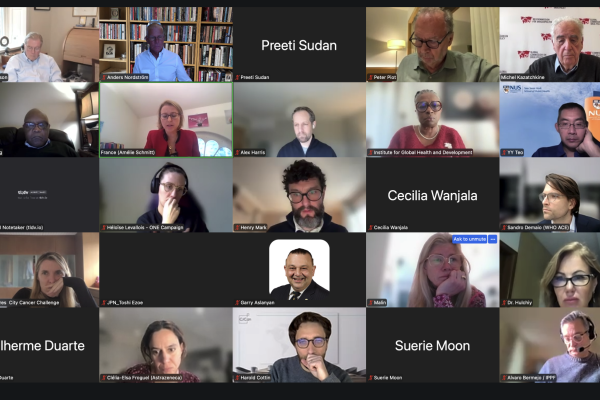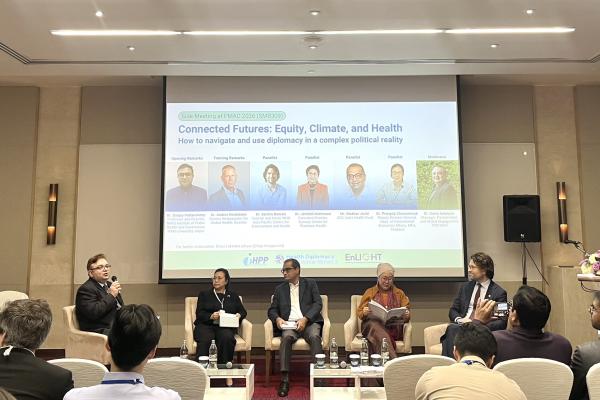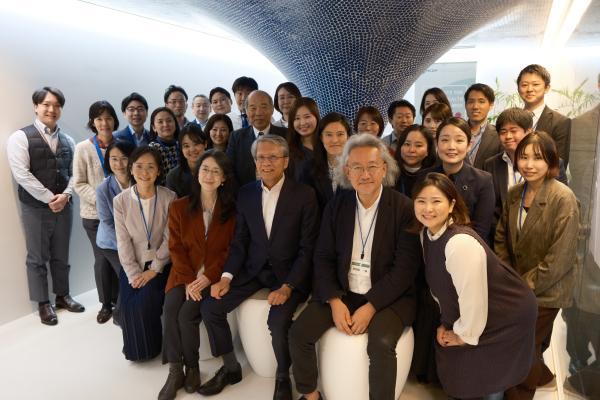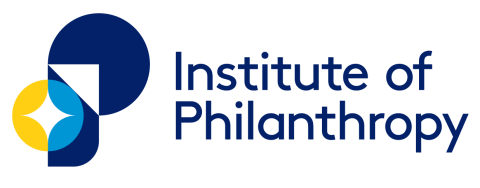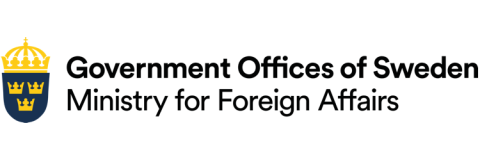The Partnership for International Politics and Diplomacy for Health
2026 will be a pivotal year for international politics and diplomacy for health.
Several important discussions and processes began last year, including the Accra Health Sovereignty Summit and the Wellcome Trust regional dialogues on reforms.
In this evolving landscape, the Partnership for International Politics and Diplomacy for Health, a collaboration between the Stockholm School of Economics and Karolinska Institutet, will continue to engage with colleagues and partners around the world
We are active around four complementary work streams
Executive Program
Two cohorts of a total of 55 mid-career global health leaders have participated in the 'International Politics and Diplomacy for Health' program since its start in April 2024. The program is led by experienced faculty and advisory persons with extensive, practical experience in regional and global health politics and diplomacy. The next program will start April 2026.
Health Diplomacy Institutional Network
A Health Diplomacy Institutional Network has been established and currently includes 36 academic institutions from around the world. The network serves a dual purpose: to foster a robust academic and practical framework for health diplomacy and to establish a global platform for collaborative innovation in this field. This network seeks to enhance the efforts of leading academic institutions worldwide, facilitating the exchange of knowledge, research, and best practices in health diplomacy.
Research and Evidence
Four teams including more than 40 academics and practitioners across the world are currently working on a potential Lancet Series on Diplomacy for Health.
A number of international events and seminars are organised to enhance the understanding and discuss practical implications of health diplomacy.
Policy Engagements
We are engaging in the international dialogue on whatparadigh shifts and a reformed international ecosystem for health could look like. We do this through independent analysis and insight, consolidating and contributing ideas to the discourse on the future of global health. We also support and provide insights to the Ministry for Foreign Affairs of Sweden to assist and inform their positions on global health related reforms.
Health Diplomacy
Health diplomacy has been the cornerstone of some of the most remarkable global health achievements in the past four decades. From the eradication of Smallpox to the mobilization of funds for developing treatments for HIV, TB, and Malaria, and the significant reduction in child and maternal mortality, this has only been possible through the collective efforts of actors successfully navigating the political landscape for health.
However, the landscape is changing. The present geo-political environment presents us with new and potentially more difficult challenges, and the COVID-19 pandemic has shown us that health can only be delivered when health professionals, businesses, citizens, diplomats, and politicians alike are engaged.
These changes have sparked a growing recognition: improving health outcomes requires more than just evidence and technical expertise - it demands a deeper understanding of the political economy of health and how to navigate in political processes.
Our objectives
We have the following objectives
- to equip emerging generations of health leaders with health diplomacy skills,
- to catalyse a network of organisations and individuals committed to the improvement of health,
- to generate research and insights about the evolving nature of health diplomacy and
- to contribute to the international dialogue on the future of global health and the international ecosystem for health.


